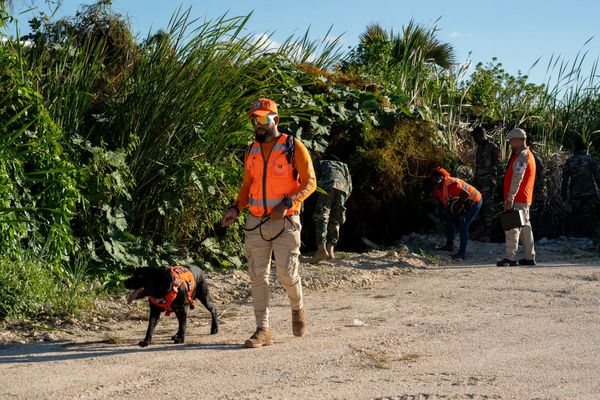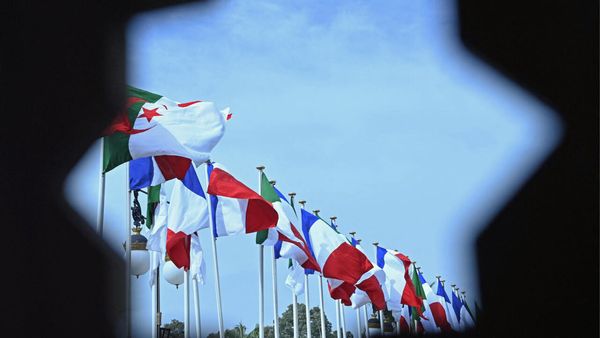
The much-anticipated Supreme Court hearing regarding former President Donald Trump's eligibility to run in the Colorado presidential primary took place yesterday. Although the court has not yet indicated when it will rule on the matter, some interesting insights were gleaned from the arguments presented.
During the hearing, justices appeared skeptical about the notion that Trump could be barred from participating in the primary based on his efforts to overturn the 2020 presidential election results. The case raises important questions about the extent to which a candidate's actions outside of a specific election can impact their eligibility to run in subsequent contests.
The central issue being debated was whether Trump's attempts to challenge the validity of the previous election should disqualify him from participating in the upcoming primary. In the wake of the 2020 election, Trump and his legal team pursued various legal avenues to challenge the results in several states. Their efforts ultimately proved unsuccessful, as multiple courts across the country rejected their claims of widespread voter fraud.



Legal analysts believe that the Supreme Court's ruling on this matter will have significant implications, not just for Colorado but also for other states considering similar eligibility criteria. There are concerns that allowing such disqualification could set a precedent that restricts political candidates based on their past actions, potentially infringing upon their right to participate in future electoral processes.
It is worth noting that the outcome of this case will not directly impact the final presidential election outcome. However, the decision will have broader implications for the electoral landscape and the rights of candidates seeking office across the country.
In light of recent events, the critical question emerges: Should a single state have the power to determine who becomes the president of the United States? This question speaks to the broader issue of how the American electoral system is structured and the role that individual states play in shaping national politics.
The Supreme Court's ruling on Trump's eligibility in the Colorado primary will shape the future discourse surrounding candidates' past actions and their impact on participation in electoral contests. The implications of this decision extend beyond the immediate case, potentially influencing similar cases that may arise in the future.
As we await the Supreme Court's ruling, the nation will be watching closely to see how this case contributes to the ongoing conversation about the intersection of past actions, eligibility requirements, and the principles of democracy that underpin the United States' electoral process.







